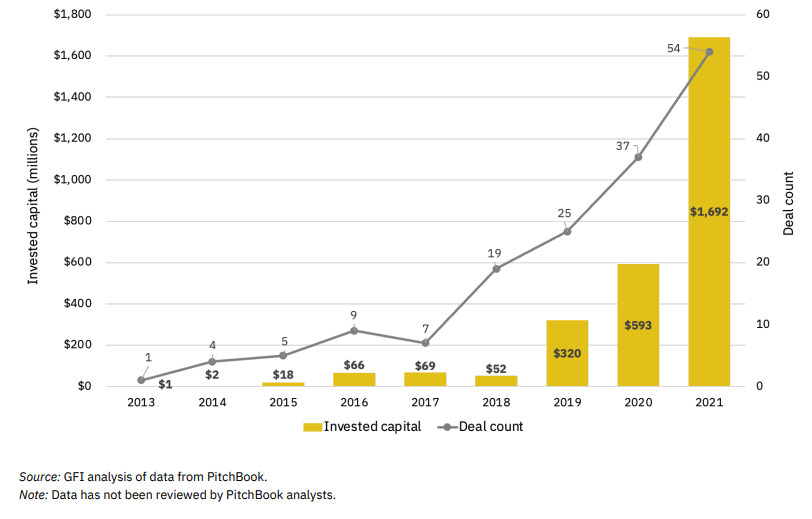If you work in the alt-protein industry or even just interested in the space, chances are you know about the Good Food Institute.
In this episode, I catch up with GFI’s CEO and founder Bruce Friedrich to talk about everything alt-protein and the future of meat.
Some of the topics we cover in this podcast include:
- The current state of alt-protein sales
- Why plant-based meat sales plateaued in 2021
- The need for investment in alt-protein infrastructure
- The politics of alternative meat
- When will cultivated meat get regulatory approval for retail sale in the US
- The need for affirmative messaging around alt-proteins
You can listen to the full episode below by clicking play or, as always, find it on Apple Podcasts, Spotify, or wherever you get your podcasts.






